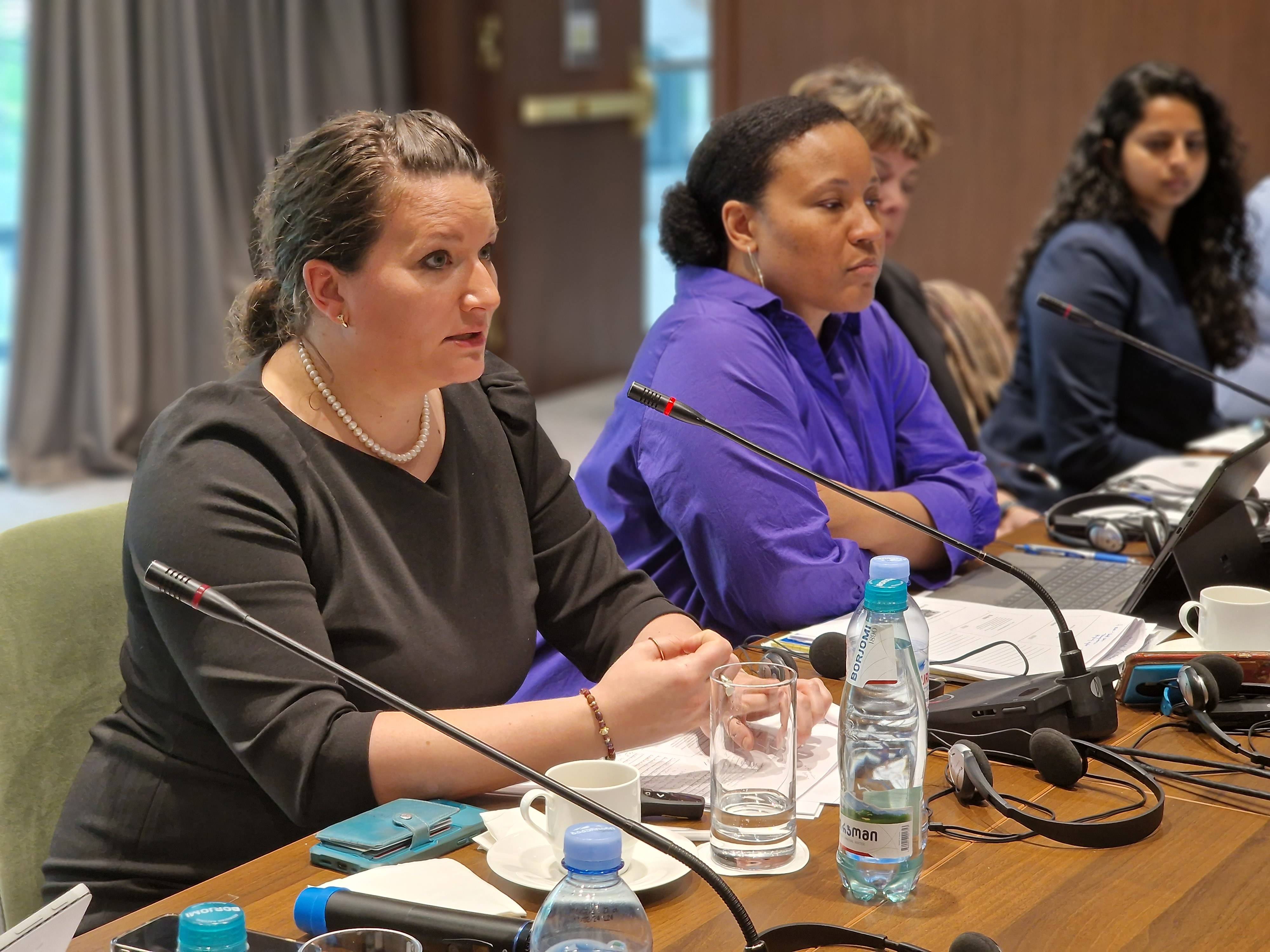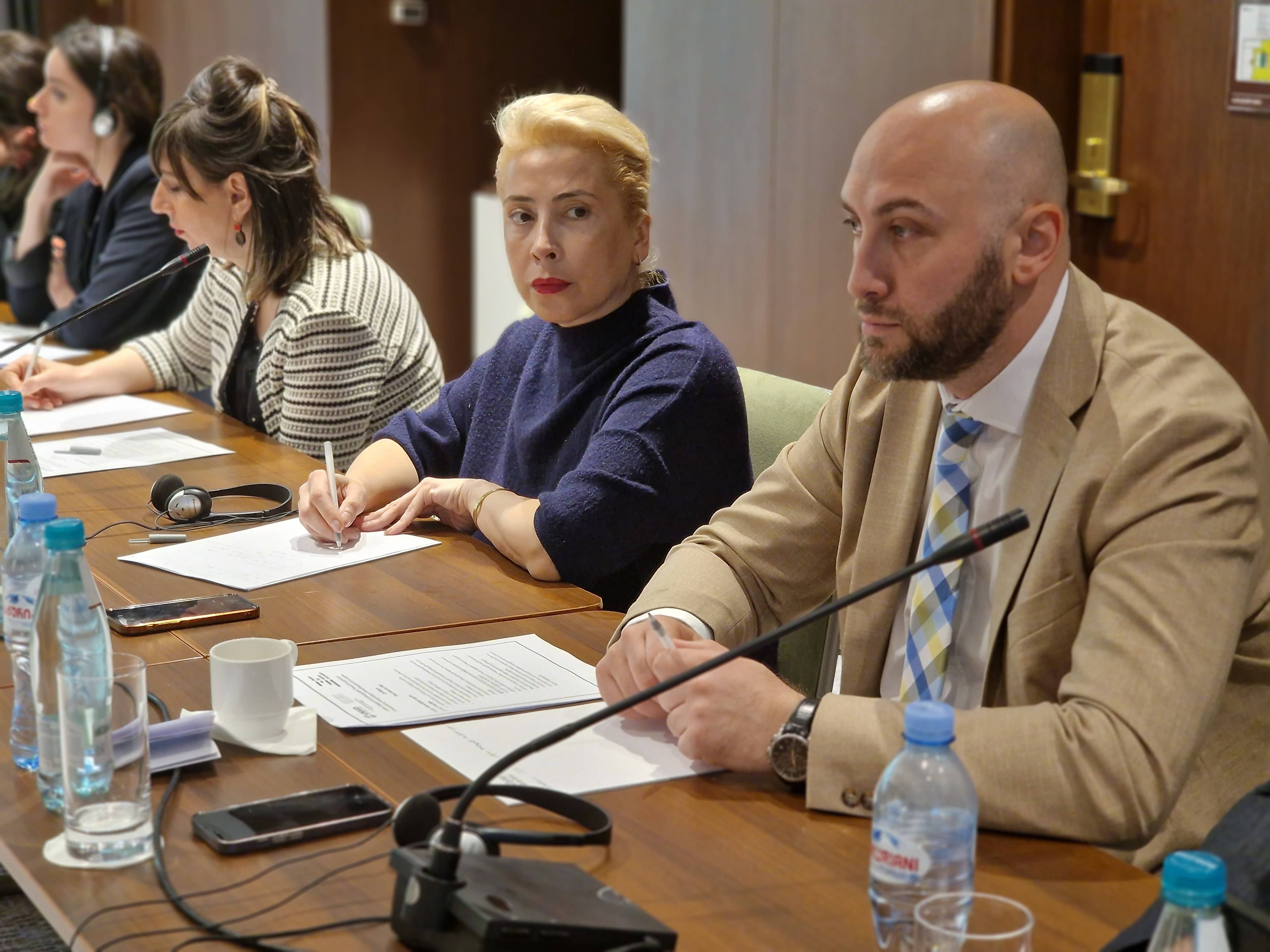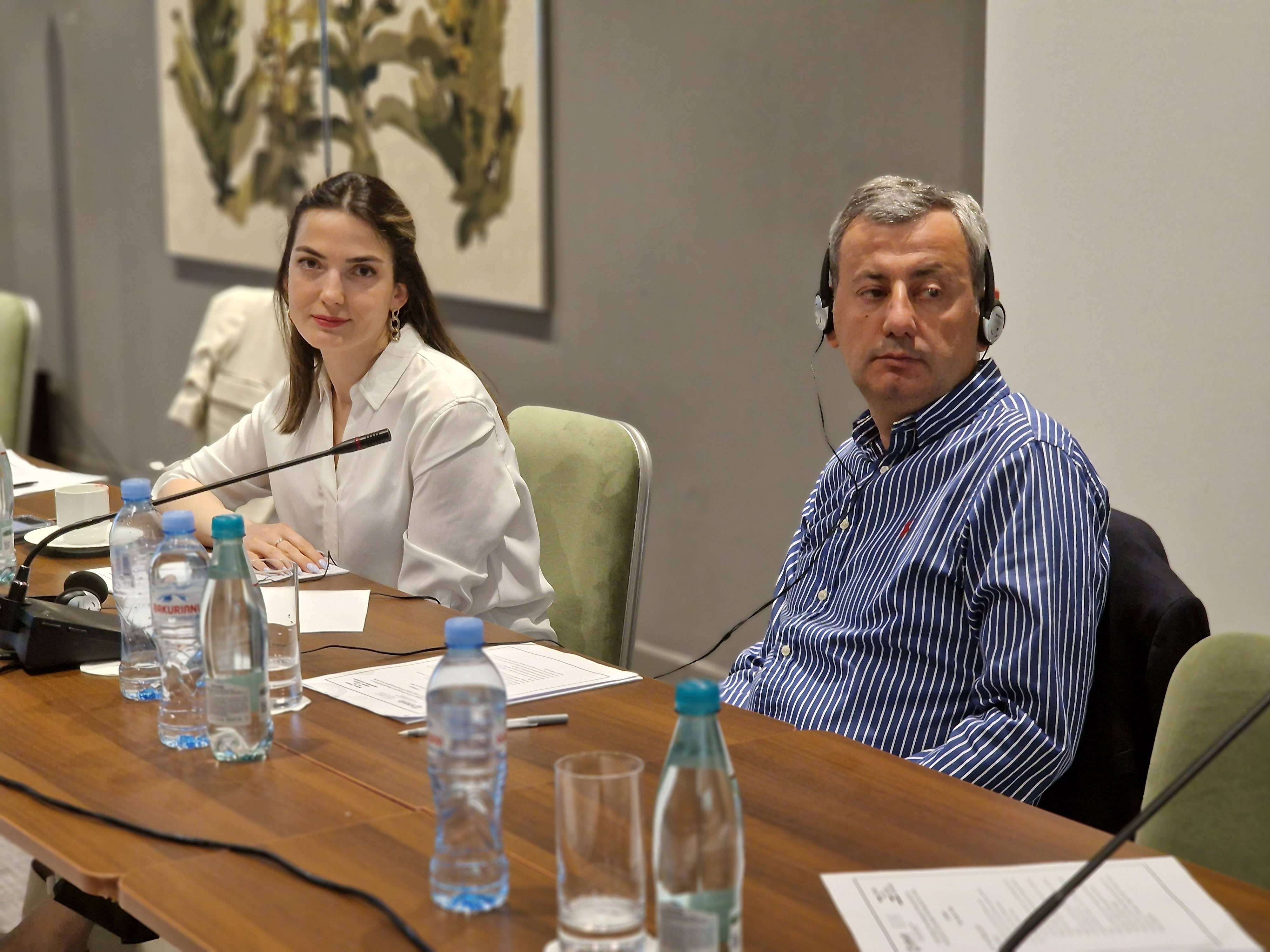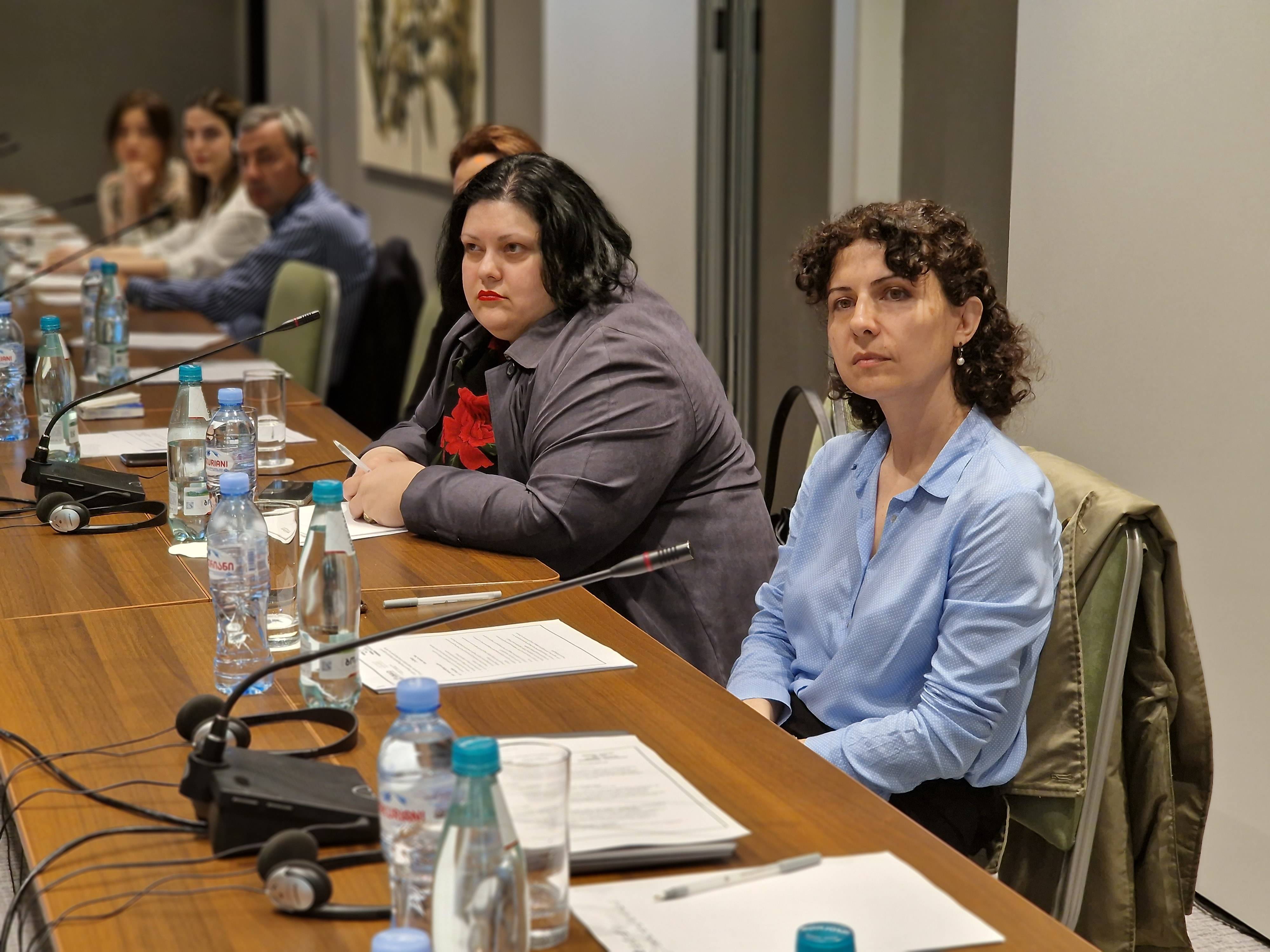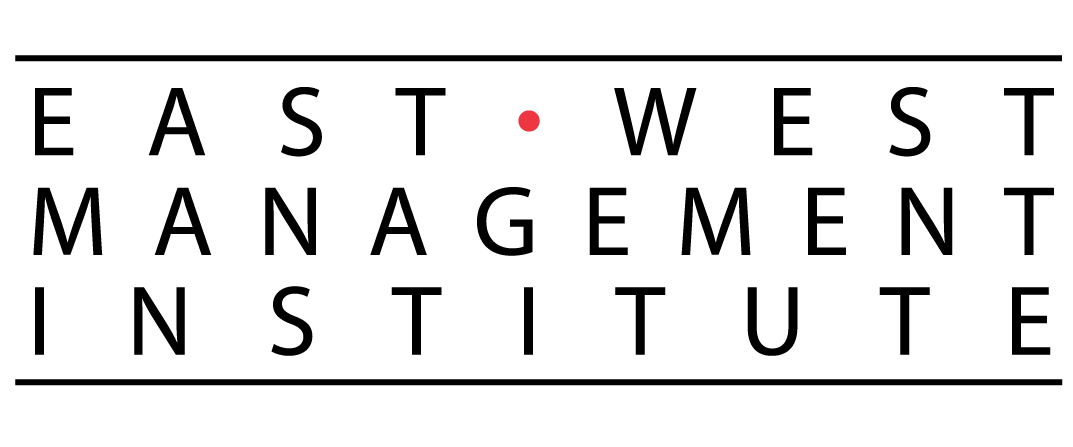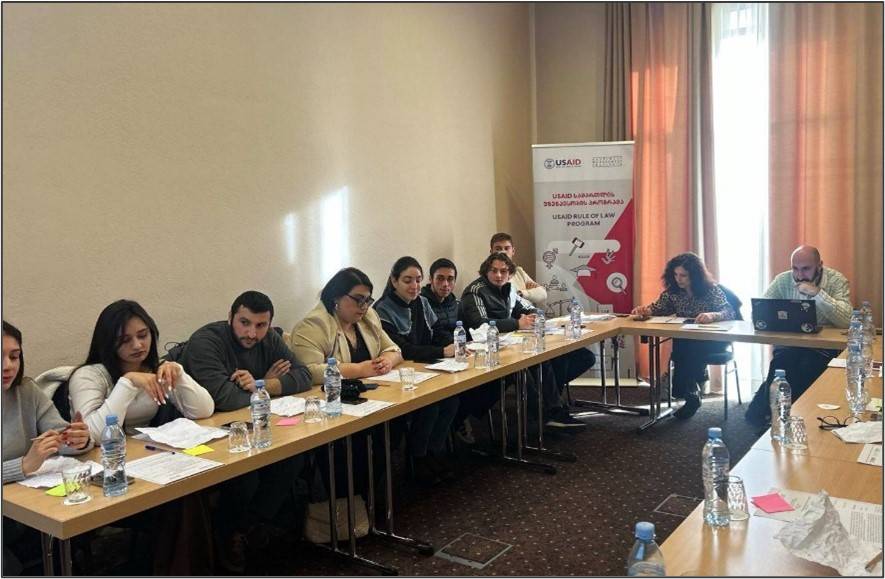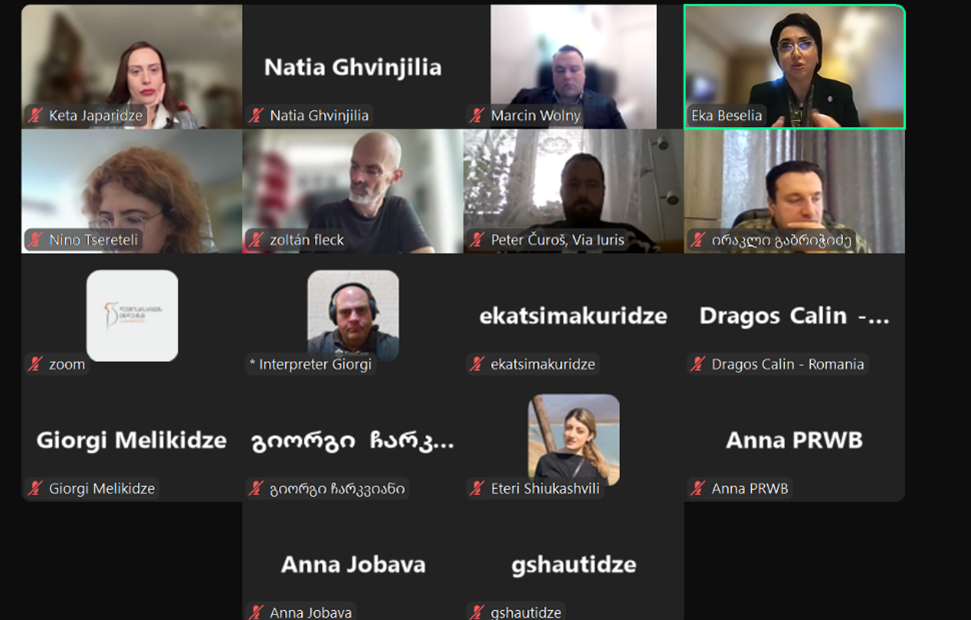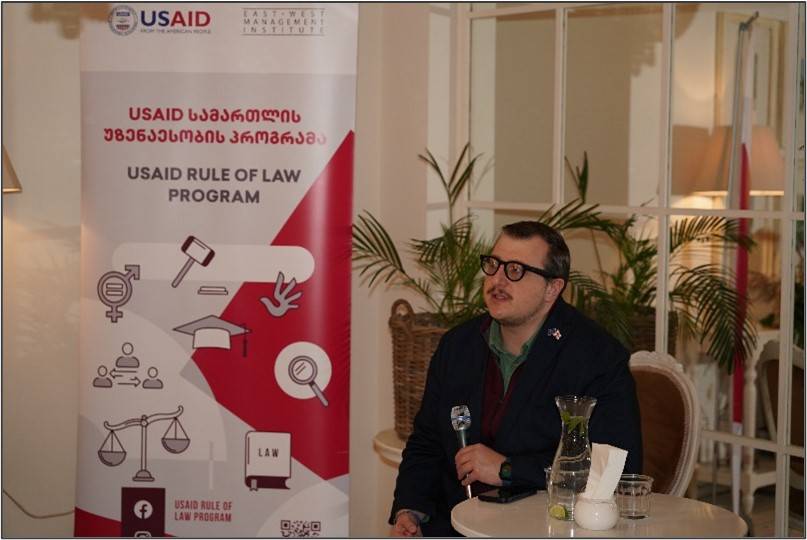Workshop for Judges and Academics on People-Centered Justice
The USAID Rule of Law Program regularly provides technical assistance to individual courts and judges to improve their court administration practices and engagement with court users and local communities.
On April 29, 2023, nine judges from the Tbilisi Appellate Court, Tbilisi City Court, and Tetritskaro Regional Courts, as well as five academics from different universities, took part in a workshop on People-Centered Justice (PCJ) that was organized by the USAID Rule of Law Program. The Program engaged three international experts from the Center for Justice Innovation in New York (CJI): Danielle Pugh-Markie, Director, Judicial Education and Leadership; Monica Christofferson, Director of Treatment Court Programs, National Technical Assistance Team; and Sruthi Naraharisetti, Senior Research Associate, to facilitate the event. CJI is one of the largest and most successful community-based justice organizations in the United States. CJI has worked with justice systems and communities across the U.S. and internationally to improve access to justice and foster greater individual and community development.
CJI experts were joined by visiting Minnesota Supreme Court Justice Anne McKeig in delivering sessions at the workshop. Justice McKeig was appointed to the Minnesota Supreme Court in 2016. Prior to that, she was a judge at different district courts and was well-known for her contributions to the protection of children's rights. As an attorney and judge, Justice McKeig has been a national leader in the development of child welfare protocols and programs for child protection. She has also worked actively on issues such as PCJ, child custody, domestic violence, sexual violence, and equal access to justice. She is also an adjunct professor at the Mitchell Hamline School of Law.
The topics discussed by the speakers included procedural justice, PCJ practices, trauma-informed care, and community justice. They also spoke about the main tenets of procedural justice, ways of engaging neighborhoods and community members, rethinking community service, and developing innovative strategies to engage stakeholders. For example, the participants learned how one Minnesota court used multi-cultural listening sessions to create a more culturally responsive legal system for disadvantaged communities struggling with domestic violence.
The second part of the workshop was dedicated to the ‘best interest of children’ standard in family law and other cases involving juveniles. Justice McKeig’s discussion of the ‘best interests’ determinations in the U.S. sparked a substantial interest among the participants. The participants asked numerous questions about the importance of keeping a family together, emotional ties between a child and relatives/caregivers, the factors courts should consider during the hearing process to ensure the health, safety, and protection of the child, the capacity of parents to care for the child, the mental and physical health needs of the parent and the child, as well as issues pertaining to the presence of domestic violence in a home environment.
The workshop provided an effective experience-sharing platform for judges and academics in Georgia to discuss ways of implementing people-centered practices on a regular basis. The participants evaluated the seminar as very informative and useful for their daily activities and expressed a willingness to participate in similar activities in the future.
